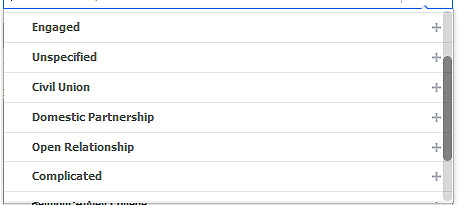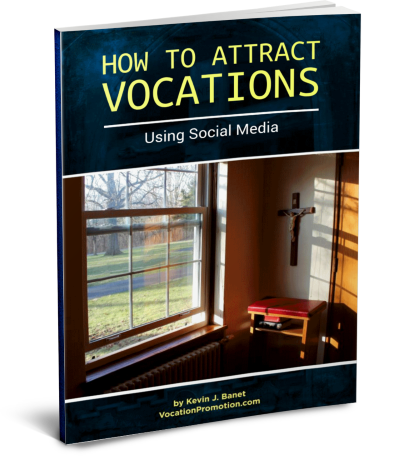From snails to celibacy
In your high school biology class, you may have learned that some animals, such as slugs and snails, are hermaphrodites. That is, they are neither male nor female, but are both sexes.
While your teacher years ago might have drawn snickers with this explanation, people today are so confused that they don’t even dare to snicker. One example is seen in the bizarre and even humorous choices as to how people can identify themselves on the internet.

Google+'s profile shows a need for Catholic thinkers to address some confusing issues.
I hope the sexually-correct police aren’t reading this, but here are the choices Google+ gives you when you fill out your personal profile.
Google used to say simply “other.” That word raised some chuckles and even consternation. So, in an apparent attempt to accommodate the trans-gender people, they now offer “Other or Decline to State.”

Complicated? Yeah — confused is more like it.
To take the bewilderment problem one step further, here is how Facebook allows you to identify your relationship status.
Facebook allows 12 categories, such as the traditional ones of single, married, divorced, and so on. But look at the last one shown here: “complicated.” I guess that throws the net very wide. It only shows how confused our society is when it comes to our sexuality and relationships.
Theology of the Body to the rescue
The theology of the body would be a great help here. Religious communities can take advantage of this lack of knowledge by filling the gap and explaining the beauty of consecrated life. We need new terms that define the higher good of giving oneself to God completely. For example, I recently saw the word “single-blessedness” referring to the consecrated life, on a blog outside of the United States.
It is said that young Catholic boys in our culture today often express a desire for the priesthood when they are 10 and 11 years old. But when they reach puberty, their understanding of sexuality is shaped (and warped) by our hedonistic culture. They lose interest.
The problem is that there is either no, or only inadequate, answers given to them about the noble role of sexuality in one’s life. Yes, you can live a happy life without experiencing sexual relations.
And, correct me if I’m wrong, but I don’t see this issue addressed very often by consecrated persons.
If religious communities can shape the narrative of this question in their blogs and posts, they will gather a following from which they can draw a bounty of vocations.
We are much more noble than slugs or snails. God made us so.

Fr. Dunne,Thank you for the link to my blog and your kind words. Some months ago I did a post about your blog and inlucded a link to your province’s website, but somehow I failed to add the link to my sidebar. I corrected this oversight this morning. Be assured of my continued prayers for increased vocations in your province!In Christ,Brad